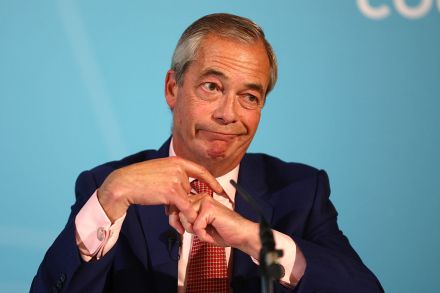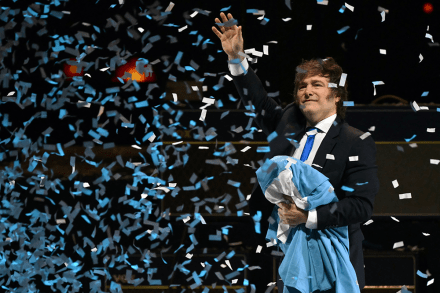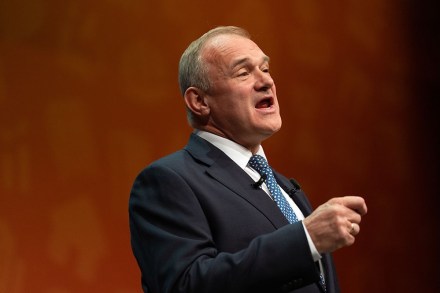From The Queen to Bonnie Blue: The Spectator’s Christmas Edition 2025
40 min listen
The Spectator’s bumper Christmas issue is a feast for all, with offerings from Nigel Farage, Matthew McConaughey and Andrew Strauss to Dominic Sandbrook, David Deutsch and Bonnie Blue – and even from Her Majesty The Queen. To take us through the Christmas Edition, host Lara Prendergast is joined by deputy political editor James Heale, associate editor Damian Thompson and writer of the Spectator’s new morning newsletter, Morning Press, Angus Colwell. They discuss: the state of British politics as we leave 2025 behind, and who will have a worse year ahead between Kemi and Keir; what physicist David Deutsch’s enthusiasm for humanity can teach us all in the age of AI; why the Sherlock Holmes




















